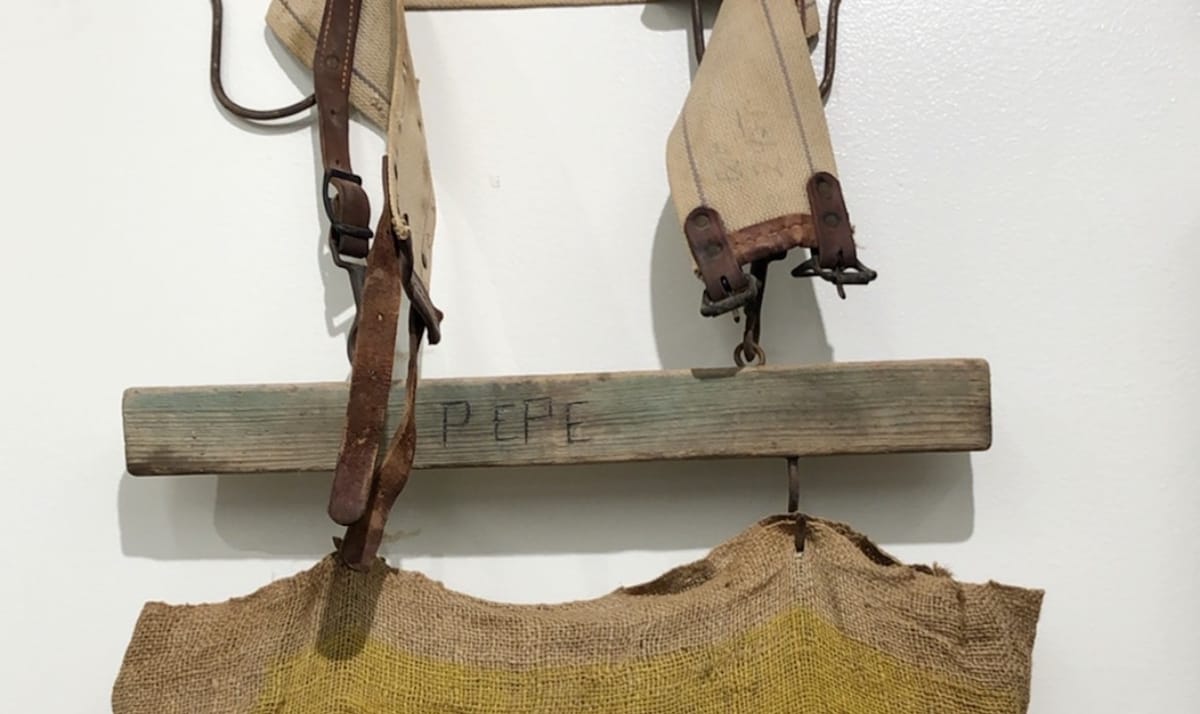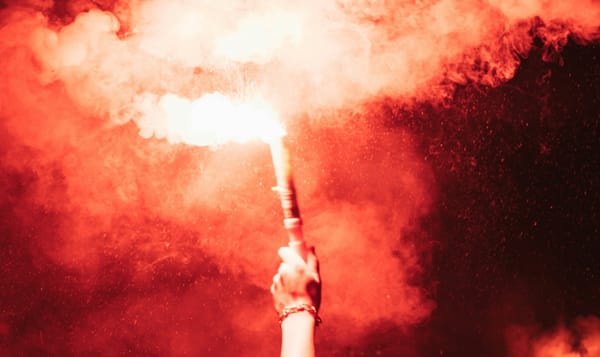equity in the time of coronavirus

I took the last couple days off work, which has given me a little time to clear my head. It’s given me some time to reflect on how non-profit organizations navigate a crisis. Some organizations are now waking up to the racial inequities that impact their work. A world ruled by grants and philanthropy spends decades trying to “move the needle”. It’s easy to focus on changing a number on a dashboard to 70 from 68, even if that still ignores huge swaths of people.
And what happens during a pandemic? Exactly that, but faster. Emergency situations are the hardest times to try out new things, so we rely on old habits to see us through. Who do we forget when we move faster? People with special needs. People who are already disenfranchised. People we hadn’t meaningfully engaged before the crisis. People we don’t have time to engage now.
Tema Okun‘s resource on white supremacy culture is one I go back to over and over. Many of these characteristics amplified or expanded during the Coronavirus pandemic. Reading through it is so often like scratching an itch I can’t reach. She gives a name (and antidotes) to the vague sense of dread I sometimes have about a project or approach. I use these antidotes to try to craft a different course with my colleagues.
what can we do about it?
We can start by acknowledging that we don’t often work better by working faster. We make mistakes when we rush. We accept new opportunities without giving them a more thorough review. A group that we don’t have time to engage could cost us time and reputation when we have to fix what we tried to do in a hurry.
I also have to remember that discomfort can lead to greater understanding and growth. No matter what decisions we make, I can still learn from our actions and consequences. I hope there won’t be another pandemic in my lifetime, but I will take lasting lessons from this crisis.



